Can a sitting president be detained?
입력 2024.12.18 (00:52)
읽어주기 기능은 크롬기반의
브라우저에서만 사용하실 수 있습니다.
[Anchor]
President Yoon, who is under investigation for charges of being the leader of a insurrection, has been requested to appear by the prosecution twice, and once by the joint investigation team formed by the police and the Corruption Investigation Office for High-ranking Officials.
However, President Yoon has not yet responded to these requests.
If this situation continues, the investigative agencies may consider three major options.
These include written inquiries, visits for questioning, and the request for an arrest warrant.
Given that President Yoon is currently suspended from duty and is facing serious criminal charges of being the leader of a insurrection under the criminal law, the possibility of requesting an arrest warrant is also being raised.
Reporter Lee Ye-rin examines under what circumstances the detention of a sitting president is possible.
[Report]
Current criminal procedure law stipulates that the conditions for issuing an arrest warrant include having substantial reasons to suspect that a crime has been committed and failing to respond to a summons without justifiable reasons.
First, we need to look at whether the reasons for non-compliance were justified.
President Yoon's side has stated that it is difficult to comply with the prosecution's request because "a legal team has not been formed."
[Shin Hyun-ho/KBS Advisory Lawyer: "There is a constitutional right to receive assistance from a lawyer. In cases of serious crimes like insurrection, simply refusing to appear because a lawyer has not been appointed does not constitute a justifiable reason."]
The number of non-compliance instances is also a consideration for whether to request an arrest warrant.
Generally, if a person fails to respond to summons for investigation about three times without a valid reason, an arrest warrant is requested.
President Yoon has not responded to the prosecution's summons once.
Currently, the prosecution has issued a second summons notice, and the joint investigation team has notified him of a summons investigation by tomorrow (12.18), but it remains uncertain whether he will comply.
Therefore, if non-compliance with the summons continues multiple times, the prosecution may request an arrest warrant to secure his detention.
While the fact that he is a sitting president is a variable, unlike a search and seizure, there is no legal basis for the Presidential Security Service to block the execution of an arrest warrant.
There is speculation about the possibility of an emergency arrest, but it seems unlikely without President Yoon first attending the investigation.
Previously, Police Commissioner General Cho Ji-ho and Seoul Metropolitan Police Chief Kim Bong-sik were immediately arrested by police following their investigations.
This is Lee Ye-rin from KBS News.
President Yoon, who is under investigation for charges of being the leader of a insurrection, has been requested to appear by the prosecution twice, and once by the joint investigation team formed by the police and the Corruption Investigation Office for High-ranking Officials.
However, President Yoon has not yet responded to these requests.
If this situation continues, the investigative agencies may consider three major options.
These include written inquiries, visits for questioning, and the request for an arrest warrant.
Given that President Yoon is currently suspended from duty and is facing serious criminal charges of being the leader of a insurrection under the criminal law, the possibility of requesting an arrest warrant is also being raised.
Reporter Lee Ye-rin examines under what circumstances the detention of a sitting president is possible.
[Report]
Current criminal procedure law stipulates that the conditions for issuing an arrest warrant include having substantial reasons to suspect that a crime has been committed and failing to respond to a summons without justifiable reasons.
First, we need to look at whether the reasons for non-compliance were justified.
President Yoon's side has stated that it is difficult to comply with the prosecution's request because "a legal team has not been formed."
[Shin Hyun-ho/KBS Advisory Lawyer: "There is a constitutional right to receive assistance from a lawyer. In cases of serious crimes like insurrection, simply refusing to appear because a lawyer has not been appointed does not constitute a justifiable reason."]
The number of non-compliance instances is also a consideration for whether to request an arrest warrant.
Generally, if a person fails to respond to summons for investigation about three times without a valid reason, an arrest warrant is requested.
President Yoon has not responded to the prosecution's summons once.
Currently, the prosecution has issued a second summons notice, and the joint investigation team has notified him of a summons investigation by tomorrow (12.18), but it remains uncertain whether he will comply.
Therefore, if non-compliance with the summons continues multiple times, the prosecution may request an arrest warrant to secure his detention.
While the fact that he is a sitting president is a variable, unlike a search and seizure, there is no legal basis for the Presidential Security Service to block the execution of an arrest warrant.
There is speculation about the possibility of an emergency arrest, but it seems unlikely without President Yoon first attending the investigation.
Previously, Police Commissioner General Cho Ji-ho and Seoul Metropolitan Police Chief Kim Bong-sik were immediately arrested by police following their investigations.
This is Lee Ye-rin from KBS News.
■ 제보하기
▷ 카카오톡 : 'KBS제보' 검색, 채널 추가
▷ 전화 : 02-781-1234, 4444
▷ 이메일 : kbs1234@kbs.co.kr
▷ 유튜브, 네이버, 카카오에서도 KBS뉴스를 구독해주세요!
- Can a sitting president be detained?
-
- 입력 2024-12-18 00:52:29
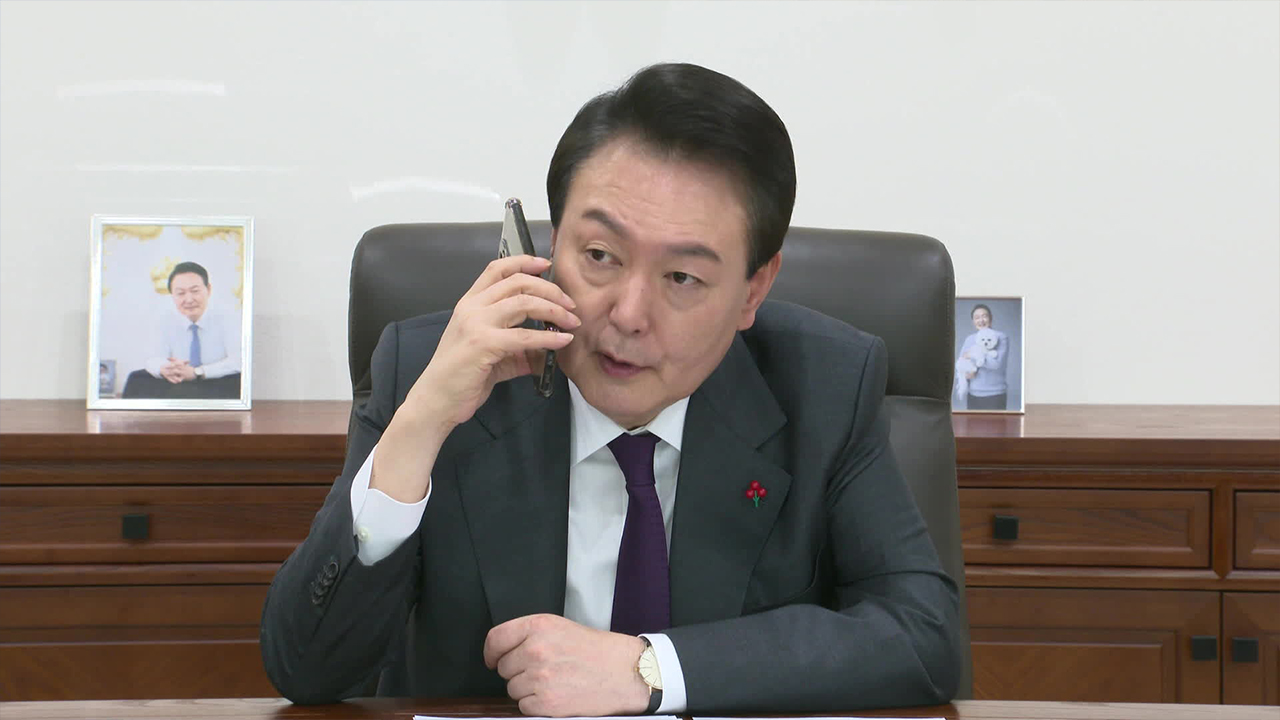
[Anchor]
President Yoon, who is under investigation for charges of being the leader of a insurrection, has been requested to appear by the prosecution twice, and once by the joint investigation team formed by the police and the Corruption Investigation Office for High-ranking Officials.
However, President Yoon has not yet responded to these requests.
If this situation continues, the investigative agencies may consider three major options.
These include written inquiries, visits for questioning, and the request for an arrest warrant.
Given that President Yoon is currently suspended from duty and is facing serious criminal charges of being the leader of a insurrection under the criminal law, the possibility of requesting an arrest warrant is also being raised.
Reporter Lee Ye-rin examines under what circumstances the detention of a sitting president is possible.
[Report]
Current criminal procedure law stipulates that the conditions for issuing an arrest warrant include having substantial reasons to suspect that a crime has been committed and failing to respond to a summons without justifiable reasons.
First, we need to look at whether the reasons for non-compliance were justified.
President Yoon's side has stated that it is difficult to comply with the prosecution's request because "a legal team has not been formed."
[Shin Hyun-ho/KBS Advisory Lawyer: "There is a constitutional right to receive assistance from a lawyer. In cases of serious crimes like insurrection, simply refusing to appear because a lawyer has not been appointed does not constitute a justifiable reason."]
The number of non-compliance instances is also a consideration for whether to request an arrest warrant.
Generally, if a person fails to respond to summons for investigation about three times without a valid reason, an arrest warrant is requested.
President Yoon has not responded to the prosecution's summons once.
Currently, the prosecution has issued a second summons notice, and the joint investigation team has notified him of a summons investigation by tomorrow (12.18), but it remains uncertain whether he will comply.
Therefore, if non-compliance with the summons continues multiple times, the prosecution may request an arrest warrant to secure his detention.
While the fact that he is a sitting president is a variable, unlike a search and seizure, there is no legal basis for the Presidential Security Service to block the execution of an arrest warrant.
There is speculation about the possibility of an emergency arrest, but it seems unlikely without President Yoon first attending the investigation.
Previously, Police Commissioner General Cho Ji-ho and Seoul Metropolitan Police Chief Kim Bong-sik were immediately arrested by police following their investigations.
This is Lee Ye-rin from KBS News.
President Yoon, who is under investigation for charges of being the leader of a insurrection, has been requested to appear by the prosecution twice, and once by the joint investigation team formed by the police and the Corruption Investigation Office for High-ranking Officials.
However, President Yoon has not yet responded to these requests.
If this situation continues, the investigative agencies may consider three major options.
These include written inquiries, visits for questioning, and the request for an arrest warrant.
Given that President Yoon is currently suspended from duty and is facing serious criminal charges of being the leader of a insurrection under the criminal law, the possibility of requesting an arrest warrant is also being raised.
Reporter Lee Ye-rin examines under what circumstances the detention of a sitting president is possible.
[Report]
Current criminal procedure law stipulates that the conditions for issuing an arrest warrant include having substantial reasons to suspect that a crime has been committed and failing to respond to a summons without justifiable reasons.
First, we need to look at whether the reasons for non-compliance were justified.
President Yoon's side has stated that it is difficult to comply with the prosecution's request because "a legal team has not been formed."
[Shin Hyun-ho/KBS Advisory Lawyer: "There is a constitutional right to receive assistance from a lawyer. In cases of serious crimes like insurrection, simply refusing to appear because a lawyer has not been appointed does not constitute a justifiable reason."]
The number of non-compliance instances is also a consideration for whether to request an arrest warrant.
Generally, if a person fails to respond to summons for investigation about three times without a valid reason, an arrest warrant is requested.
President Yoon has not responded to the prosecution's summons once.
Currently, the prosecution has issued a second summons notice, and the joint investigation team has notified him of a summons investigation by tomorrow (12.18), but it remains uncertain whether he will comply.
Therefore, if non-compliance with the summons continues multiple times, the prosecution may request an arrest warrant to secure his detention.
While the fact that he is a sitting president is a variable, unlike a search and seizure, there is no legal basis for the Presidential Security Service to block the execution of an arrest warrant.
There is speculation about the possibility of an emergency arrest, but it seems unlikely without President Yoon first attending the investigation.
Previously, Police Commissioner General Cho Ji-ho and Seoul Metropolitan Police Chief Kim Bong-sik were immediately arrested by police following their investigations.
This is Lee Ye-rin from KBS News.
-
-

이예린 기자 eyerin@kbs.co.kr
이예린 기자의 기사 모음
-
이 기사가 좋으셨다면
-
좋아요
0
-
응원해요
0
-
후속 원해요
0










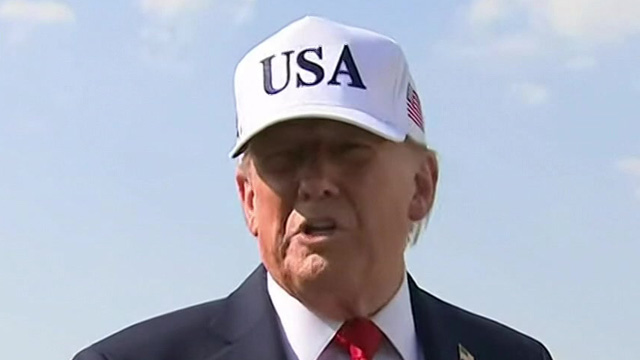
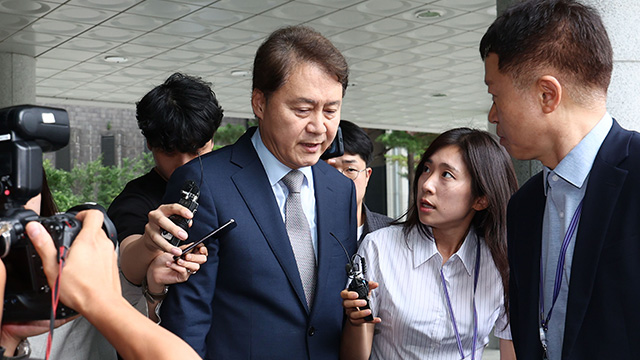
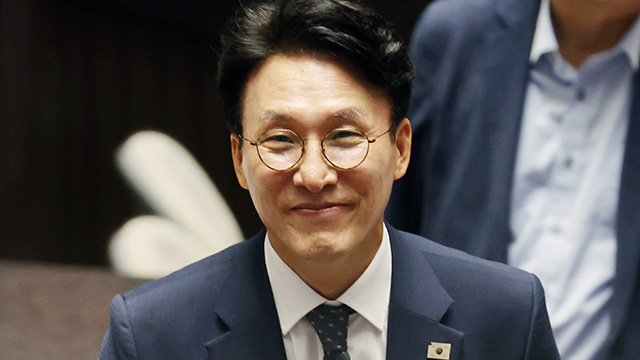
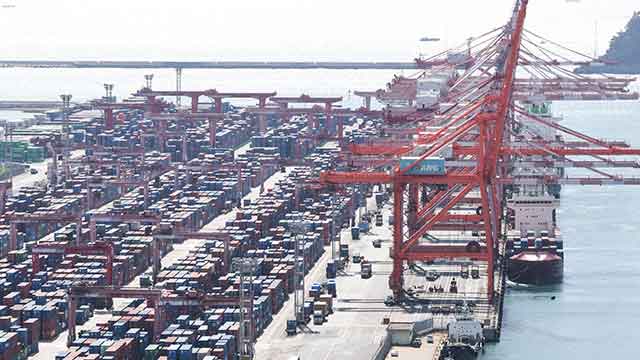

이 기사에 대한 의견을 남겨주세요.